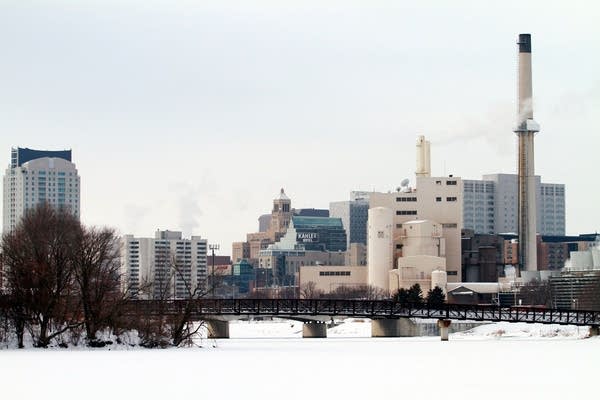A high-rise, historic renovation and bathroom fix help DMC unlock millions in state funds

Rochester's skyline from Silver Lake Park photographed last winter.
Alex Kolyer for MPR News file
Go Deeper.
Create an account or log in to save stories.
Like this?
Thanks for liking this story! We have added it to a list of your favorite stories.


